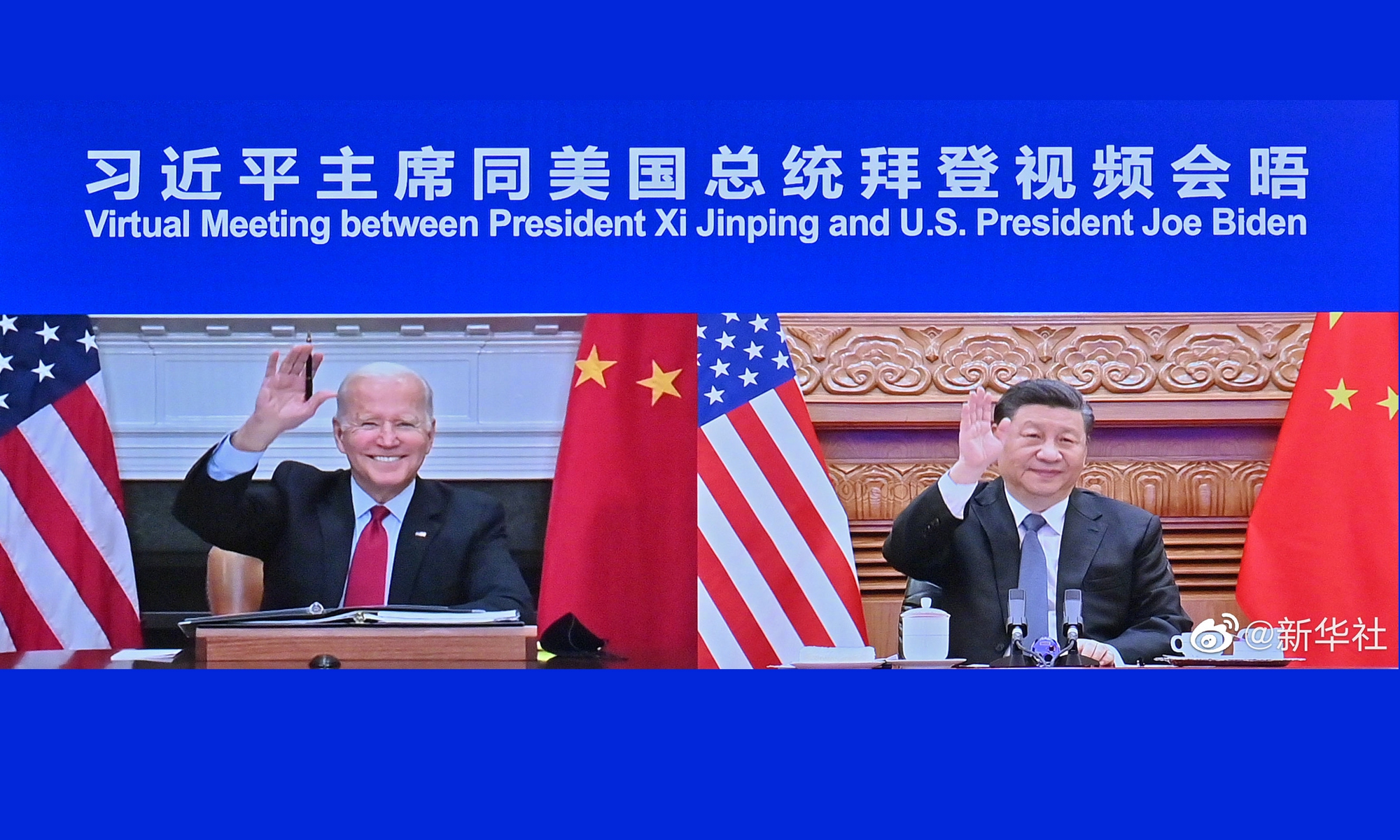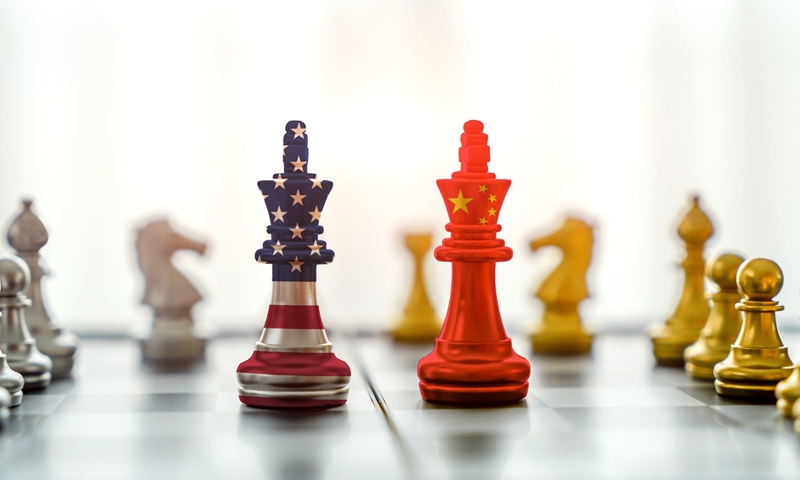THIS week’s big discussion is whether people should or shouldn’t take the Covid-19 booster shot.
Social media is buzzing with the supposed repercussions and negative impacts of the third jab – the problem is, it’s all unfounded hearsay, and it is discouraging many people from getting their booster shots.
Last week, Health Minister Khairy Jamaluddin said 40% of those eligible for booster shots did not turn up for their appointments.
This is a real concern for Malaysia.
Health director-general Tan Sri Dr Noor Hisham Abdullah tweeted last week that Covid-19’s R-nought factor, a calculation of the average “spreadability” of an infectious disease, has also gone up again, past the 1.0 mark.
And once again, intensive care unit beds in the country’s local public hospitals are experiencing between 80% and 90% usage, which is critical.
All this means that getting the booster shot is urgent, just as it was previously vital that people get vaccinated.
Getting a booster shot is safe, as it has been given to millions of people worldwide with minimal side effects – more than 21 million Americans have received a booster, according to the Centres for Disease Control and Prevention website.
Don’t be confused or alarmed by talk in WhatsApp chat groups and social media.
Importantly, do not simply forward unverified information. Check and authenticate what you read, find out where the information came from – and your aunty’s next door neighbour’s cousin is not a believable source (unless he or she is a scientist)!
The booster shots – Sinovac, Pfizer-BioNTech and AstraZeneca-Oxford vaccines – have all been authorised for use by Malaysia’s National Pharmaceutical Regulatory Agency (NPRA).
The NPRA also says it’s OK for recipients of the Sinovac vaccine to get a different vaccine.
No government body would give its approval without researching studies and precedents.
The NPRA, the country’s drug control authority that authenticates the quality, efficacy and safety of all pharmaceutical products in Malaysia, would not risk its reputation and professionalism to allow boosters if it found them unsuitable.
Sinovac vaccine recipients who worry about being scheduled to have the Pfizer-BioNTech vaccine as a booster should take a look at studies conducted by Chile, Brazil, and Thailand on the use of the mix and match formula.
All three countries have successfully applied the mix-and-match – aka heterologous – formula to lessen the severity of infection among those who had completed their two Sinovac jabs.
People’s fear do need to be properly addressed, though. This is the time for the government to step up efforts to create awareness about the booster shot and how it can help to reduce the infectivity rate among the population.
There should be official channels to counter the adverse social media rumours and talk about the issue.
A barrage of official information could help counter the fake news and encourage more people to keep their MySejahtera appointments to get their booster shots and bring down the R-nought value.
And don’t forget that the highly infectious Delta variant is lurking within the population – booster shots are vital to keep it at bay and stop a spike in the number of cases.
We cannot afford to shut the country down again.
Related:











